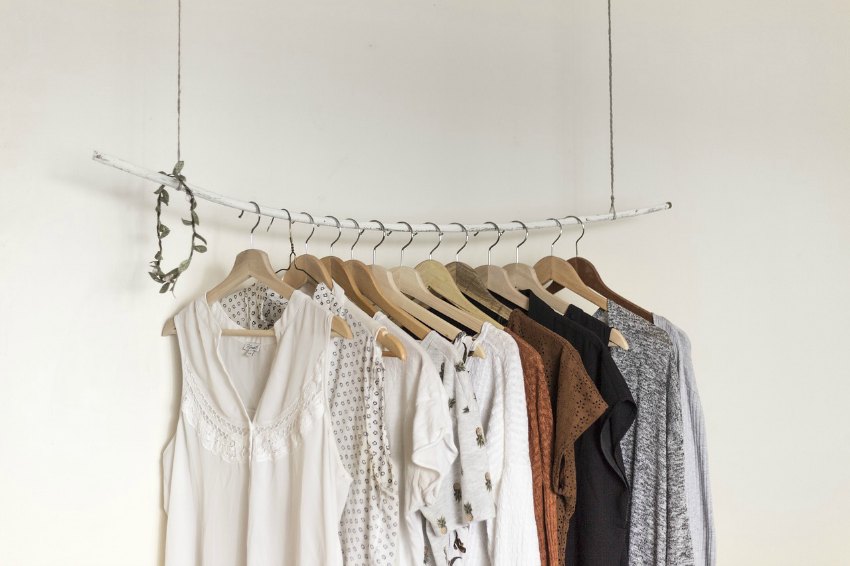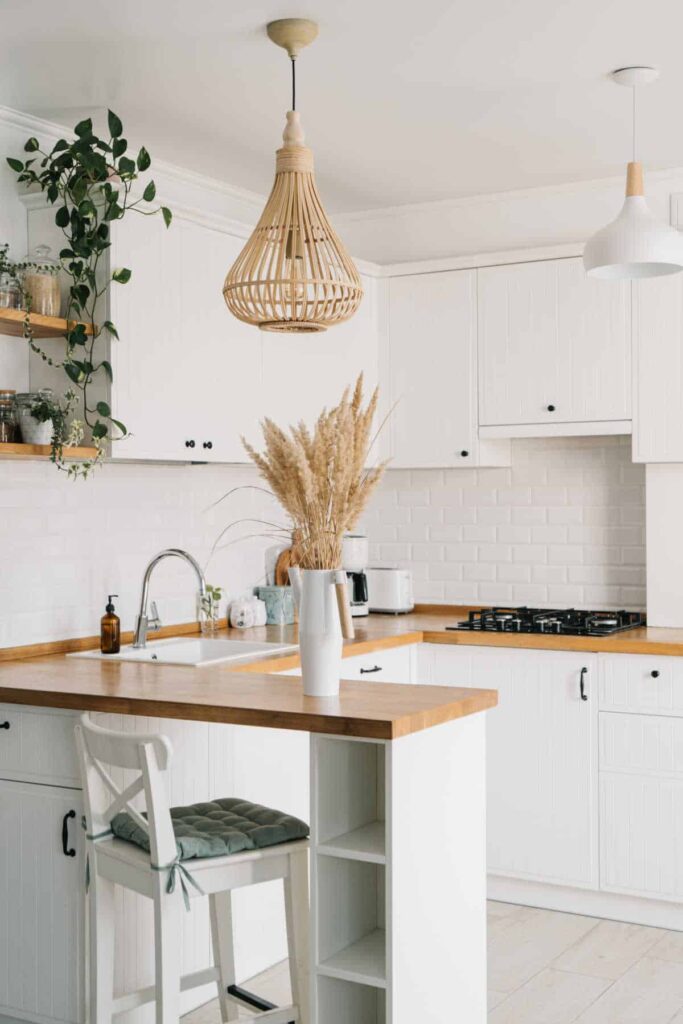Impulse Buying – How To Stop For Good
To support the running costs of Moral Fibres, this post contains affiliate links. This means Moral Fibres may earn a small commission, at no extra cost to readers, on items purchased through these links.
Looking to stop impulse buying for good? Try asking yourself these five questions before buying any new items of clothing to see if you can break the habit.
No matter how much of a hardened ethical shopper we are, very few of us are immune to the pangs of buying on impulse.
It could be seeing an item of clothing on our favourite Instagrammer that we didn’t know we needed. It could be seeing a friend in a beautiful new top that we just have to have. Or it could just be something in a shop that screams ‘buy me’. We’ve all been there.
It can certainly feel like it’s impossible to stop buying stuff you don’t need. However, I have got five simple questions that you can ask yourself to stop buying things on impulse.
The Questions to Ask Yourself To Help You Stop Buying On Impulse

In order to shop as ethically as possible, I’ve put together five simple questions to ask myself before purchasing each item to help me make the best choices.
1. Do I really need the item – is it an impulse buy or is it absolutely necessary?
I find that with impulse buys I tend to wear them much less compared to purchases I’ve carefully considered and that I know have a need for in my wardrobe.
Items that I need won’t be discarded after a few wears or worse, sit in my wardrobe with the tags still on. Apparently, the average person has £200 worth of clothing in their wardrobe that is unworn. Don’t be a statistic.
Sales can cloud our judgment when shopping. One of my top tips to stop impulse buying is if you see a £20 top that was £40, that won’t go with many pieces of your existing wardrobe then don’t tell yourself that you will have saved £20 by buying it. You’d actually be spending £20 on something you didn’t need.
Will I wear this item for years to come, or wear it only a few times or for one special occasion?
I try to buy items I’ll wear for a long time rather than a few months. For special occasions (items I may only wear a couple of times a year) I tend to buy clothes secondhand. Renting your clothes is also an eco-friendly option, and allows you to sustainably scratch that impulse buy itch!
Does the item look well made? Or does it look like it might fall to bits after a few wears and washes?
The rise of super-cheap clothing makes it really hard to stop impulse shopping. This is because many of us don’t need to consider the impact on our finances of shopping for cheap clothes.
However, a cheap £7 top that loses its shape and colour after a few washes and needs replacing often will actually end up costing more than a better-made top that you have saved up for. Here’s why cost per wear is important when ethical shopping.
Does the cost of the item reflect the cost of the materials and labour necessary to make the item?
Although expensive doesn’t go hand in hand with being ethically made, there are some things to look out for.
For example, a hand-beaded top for £8 may look like a bargain that’s hard to pass up. However, a person being paid a fair living wage would need to be paid more than £8 to hand bead the top. This is before you’ve even taken into account the cost of the materials and production of the top.
Understanding a garment’s true value can help us stop our fast fashion appetite and help stop our impulse shopping habits.
How am I feeling today?
There can be a whole host of emotional triggers for buying things on impulse. It could be sadness. Perhaps you’ve had a bad day and want to treat yourself. It could be in response to a good day. Perhaps you’ve wanted to treat yourself for something going well. Spending could be in response to boredom.
Checking in and asking yourself how are you feeling is the first step in understanding how our emotions affect our shopping habits. Once we understand the drivers behind impulse buys, this is key to helping us stop shopping.
I’ve been asking myself these questions before every purchase. I make sure I’m being completely honest with myself, as it can be easy to justify an impulse buy. I also have a handy demotivational tool to help you stop impulse shopping.
The high street isn’t the most ethical place, so these questions won’t transform the high street’s ethical practices. However, they do help me to be a more considered shopper. They’ve helped to change my spending and shopping habits and encouraged me to stop impulse shopping, as well as steering me away from fast fashion. Try them out – they might work for you too.
Found this post useful? Please consider buying me a virtual coffee to help support the site’s running costs.





Love this article and have been asking myself the same questions for the past 6 months which has resulted in me re-discovering my old wardrobe and my bank balance is also looking healthier.
Thanks Hannah, and that’s great to hear! Great minds think alike!